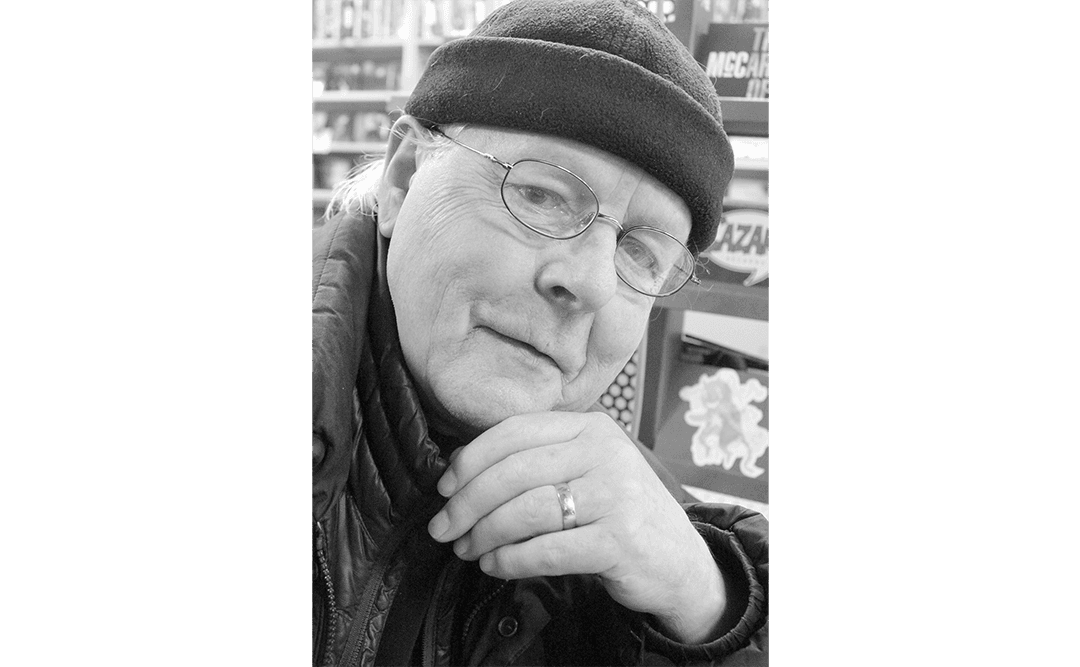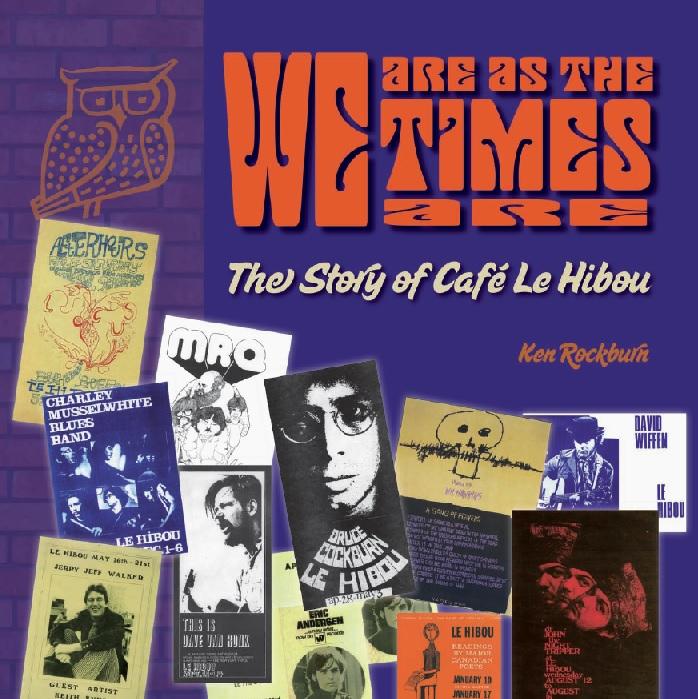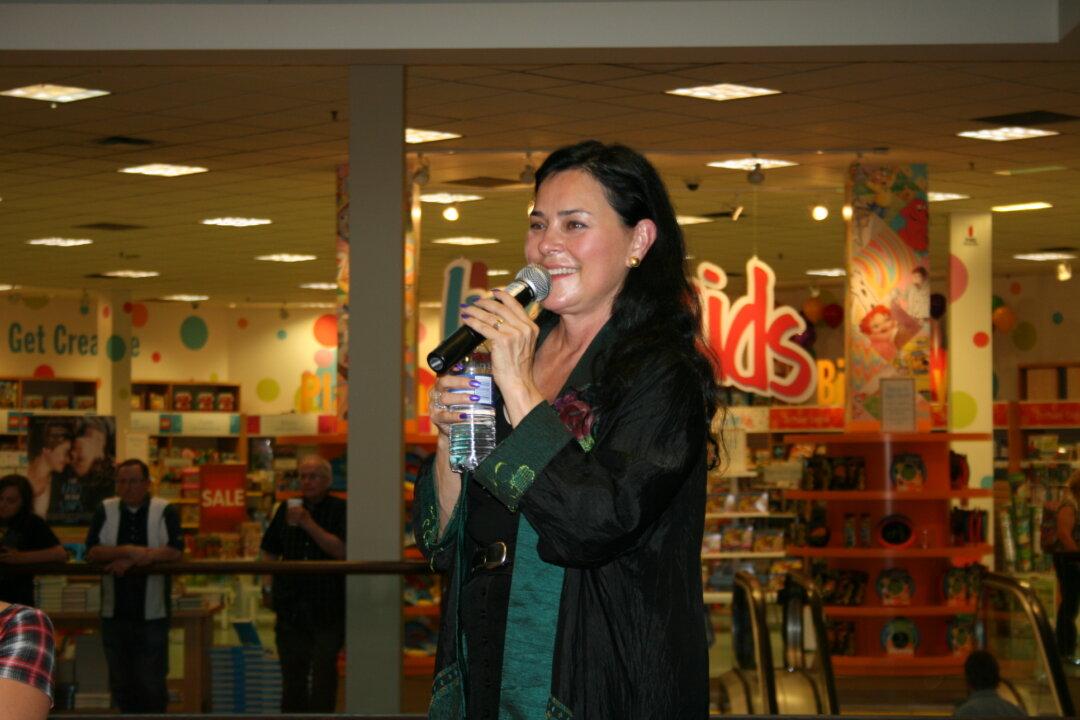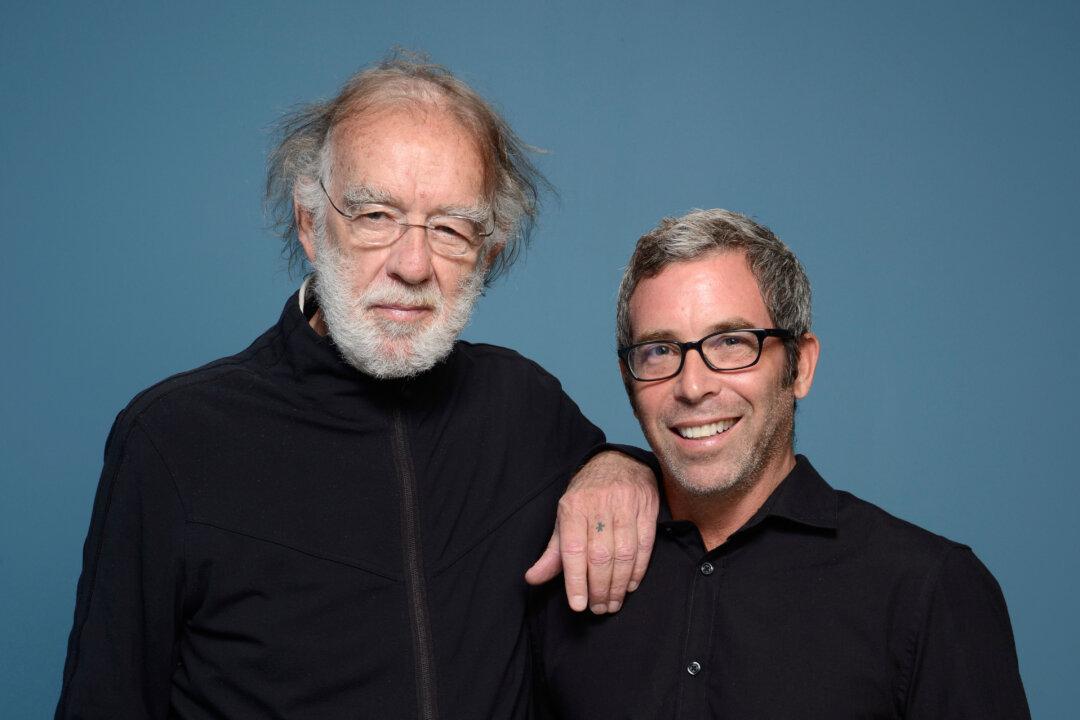David Wiffen, one of Canada’s most iconic singer-songwriters, has released an album of rediscovered music dating from 1973 to the early eighties. The longtime Ottawa resident’s eclectic songs have been recorded by everyone from Tom Rush to Anne Murray to The Black Crowes.
“Songs from the Lost & Found” was released in early February, and on March 21 Wiffen gave a rare personal appearance at Ottawa’s Compact Music store, where more than 60 fans gathered to meet him.
“David’s new CD has been the number one seller in the store since it was released,” said Compact Music owner Ian Boyd, who noted the album has outsold new releases by Bob Dylan and Diana Krall in his store.
The new release helps to round out Wiffen's impressive body of work comprising four other solo albums.





